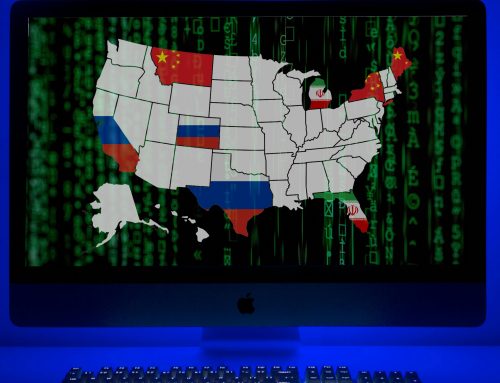Executive Summary
In 2024, nearly half of the world’s population is heading to the polls. One of the biggest of these contests is the 2024 European Parliament elections from June 6–9, in which 366 million voters in the union’s 27 member states will elect 720 members of the European Parliament (EP). This year’s elections are taking place amid increasingly shifting geopolitical and technological landscapes. Now is the time for European countries and their partners to review and adapt the tools in their arsenals to combat malign election influence operations.
Understanding that countries can mount a strong defense of their democratic processes by continually learning from each other, this report offers snapshots of best practices for building resilience against election influence operations adopted by five different European countries—France, Sweden, Estonia, Bosnia and Herzegovina, and Ukraine—since the last EP election in 2019. The best practices include:
- Bolstering the government’s ability to identify and counter foreign influence operations
- Adopting whole-of-society frameworks to build resilience across institutions and sectors of society most vulnerable to disinformation
- Investing in fact-based journalism and digital literacy programs for communities most at risk of being targeted, such as minority language populations
- Developing proactive crisis communication plans for election authorities to anticipate and respond to false narratives
- Leveraging robust, cross-sectoral coordination, particularly on emerging technology, to counter malign influence.
As autocratic actors continue to refine their influence efforts, it will be essential for European countries and others to adopt a similarly holistic approach. This includes working collectively across all sectors of society and learning from the experiences of others facing similar challenges. The five best practices described in this report are just a few ways European countries, and other countries facing similar threats, can bolster their preparedness and ensure resilience in the face of information-related threats ahead of future elections. How well European countries and others are able to do so will be critical to the foundation of democracy and electoral processes across the region for years to come.






